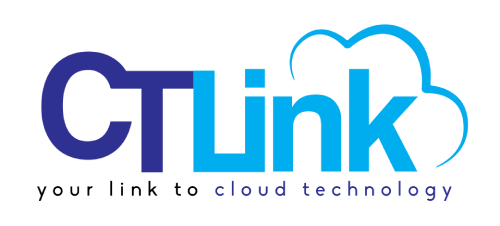As technology is rapidly growing throughout the years, businesses need to look out for trends that may change the landscape. If they do not, they may be at risk of lagging behind their competition in the race to gaining a competitive edge. One such trend is emerging in the IT industry (and even across many other industries), artificial intelligence (AI). The integration of it into various industries has become increasingly prevalent as the use of it has the potential to revolutionize the way businesses operate and interact with their customers. In this article, we will explore the future of IT and AI, and how it is set to change the landscape of the industry.
What is AI and What are its Benefits?

AI is a subset of computer science that focuses on creating intelligent machines that can simulate human cognitive functions. In IT, it is used to develop systems that can perform complex tasks, learn from experience, and adapt to new situations. It can help IT professionals automate repetitive tasks, analyze data in real-time, and provide personalized solutions to customers.
One of the key benefits of AI in IT is its ability to improve efficiency and productivity. Businesses can save on time and money by automating tasks that would otherwise require human intervention. For example, chatbots can be used to handle customer queries, freeing up human agents to focus on more complex issues. It can also be used to automate back-end processes, such as data entry and processing, allowing IT teams to focus on more strategic initiatives.
The Impact of AI on IT

While it has the potential to revolutionize the way businesses operate, it is also set to have a significant impact on the job market. As it becomes more prevalent, there will be a shift in the types of skills and roles that are in demand. For example, roles that require manual data entry or processing may become obsolete as these tasks are automated.
However, the rise of AI also presents new opportunities for IT professionals. As businesses look to leverage AI to improve their operations, there will be a growing demand for individuals with expertise in machine learning, data science, and other related fields. Additionally, as AI becomes more sophisticated, there will be a need for individuals who can design, develop, and maintain AI systems.
Possible Future of AI in IT

As AI continues to evolve, it is set to become even more integrated into the IT industry. Some of the key areas where it is set to have a significant impact include:
Cybersecurity:
AI can be used to detect and respond to cyber threats in real-time, allowing businesses to stay one step ahead of potential attacks.
Predictive Maintenance:
By analyzing data from sensors and other devices, it can be used to predict when machines and other equipment are likely to fail, allowing for proactive maintenance and reducing downtime.
Personalization:
With the help of AI, businesses can provide personalized solutions to customers based on their preferences and behavior, improving the overall customer experience.
Decision-Making:
AI can be used to analyze large amounts of data and provide insights that can help businesses make better decisions.
The integration of AI into IT has the potential to revolutionize the way businesses operate. While it is set to have a significant impact on the job market, it also presents new opportunities for IT professionals. As AI continues to evolve, it is set to become even more integrated into the industry, with the potential to transform cybersecurity, predictive maintenance, personalization, and decision-making. To stay ahead of the curve, IT professionals must be willing to adapt and develop the skills necessary to thrive in a world powered by AI.
To learn more about Technology trends and how they can help impact your business, you can contact us at marketing@ctlink.com.ph to learn more!


2 Responses